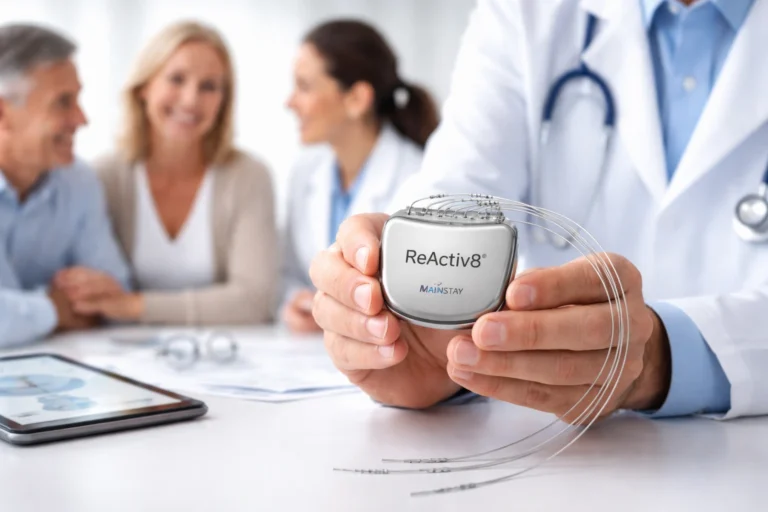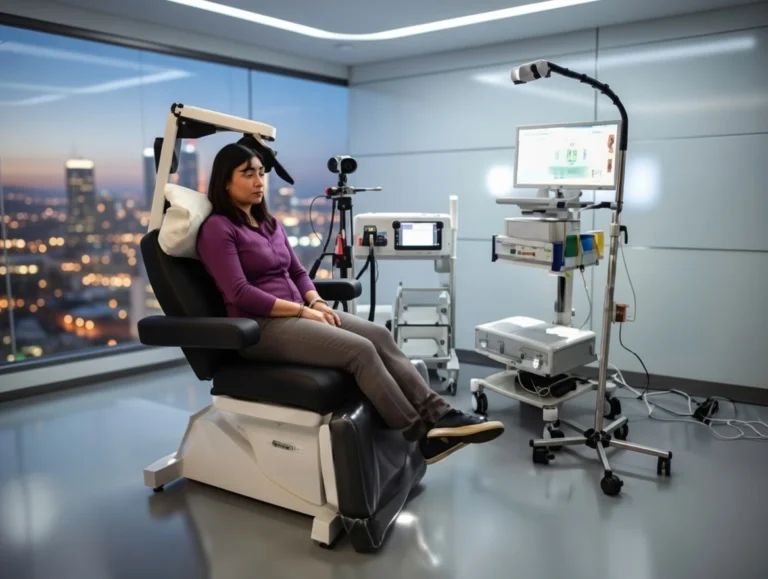
BiVACOR, a clinical-stage medical device company, has announced the successful completion of the first phase of its FDA Early Feasibility Study (EFS) for the BiVACOR Total Artificial Heart (TAH). Between July and November 2024, five patients received the BiVACOR TAH as part of the study, which is designed to assess the safety and performance of the TAH system in patients awaiting a donor heart transplant.
The study aims to gather crucial data on the device’s ability to serve as a bridge for heart failure patients while they wait for a suitable heart transplant. The successful implantation of the BiVACOR TAH represents an important milestone in the evaluation of this innovative heart replacement technology.
The BiVACOR Total Artificial Heart (TAH) System has shown promising results in its first phase of clinical trials, designed to support adult patients with severe biventricular heart failure. The initial phase of the study provided patients with the BiVACOR TAH for up to a month while awaiting a heart transplant. Five patients successfully received the TAH, underwent heart transplants, and were discharged from the hospital. This achievement has provided the FDA with the necessary data to approve the expansion of the Early Feasibility Study (EFS) to include an additional 15 patients.
Dr. Daniel Timms, the Founder and Chief Technology Officer of BiVACOR, expressed his excitement, stating, “We are thrilled to share that the first patients implanted with the BiVACOR TAH achieved expected milestones and experienced no complications. This success during our first-in-human trials is incredibly encouraging.” He extended gratitude to the patients, their families, and the clinical teams involved, emphasizing their crucial role in advancing the TAH to those in need.
The BiVACOR TAH represents a groundbreaking shift in artificial heart technology. Its compact design, suitable for most adults, provides sufficient cardiac output even during physical exertion. The heart utilizes magnetic levitation (MAGLEV) technology—similar to that used in high-speed trains—to power its pump. The heart features a single moving part: a dual-sided rotor suspended by magnets, which drives blood through two separate pump chambers, enabling circulation to both the lungs and the rest of the body. The MAGLEV suspension eliminates the risk of mechanical wear and reduces blood trauma, contributing to the heart’s durability and biocompatibility.
Dr. William Cohn, BiVACOR’s Chief Medical Officer and Heart Surgeon at the Texas Heart Institute, praised the device’s performance, noting that its unique design resulted in an excellent safety profile with no complications or strokes. “It is incredibly rewarding to see our device provide efficient support to the first patients,” he remarked.
The first and final implants of the five patients took place at the Texas Heart Institute, in collaboration with St. Luke’s Medical Center and Baylor College of Medicine. Additional implants were performed at Duke University Hospital, Banner-University Medical Center Phoenix, and Christ Hospital – Heart and Vascular Center.
Currently, the BiVACOR Total Artificial Heart is available only for investigational use and has not been approved for general clinical use outside of the study. The company aims to continue gathering data to support its EFS study expansion.
BiVACOR, headquartered in Huntington Beach, California, is dedicated to addressing the unmet needs of patients with end-stage heart failure. Under the leadership of Dr. Daniel Timms and cardiovascular experts Dr. William Cohn and Dr. O.H. (Bud) Frazier, the company is advancing the BiVACOR TAH as a long-term therapeutic option for patients awaiting heart transplants.




